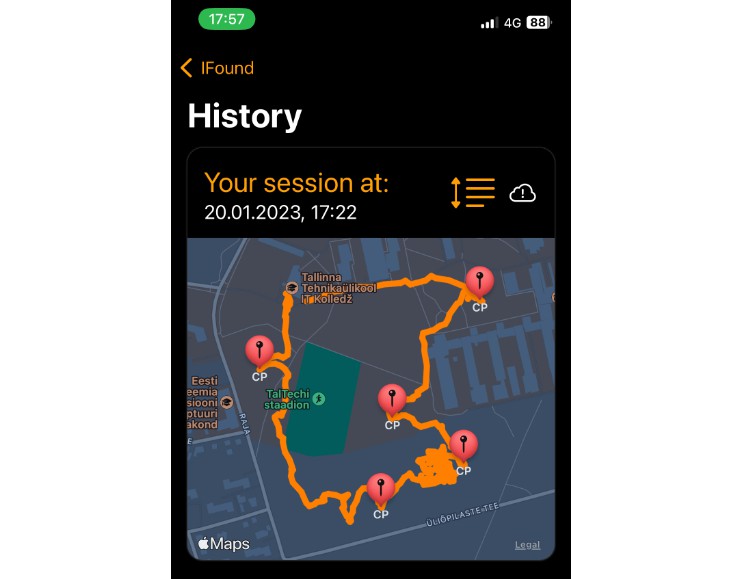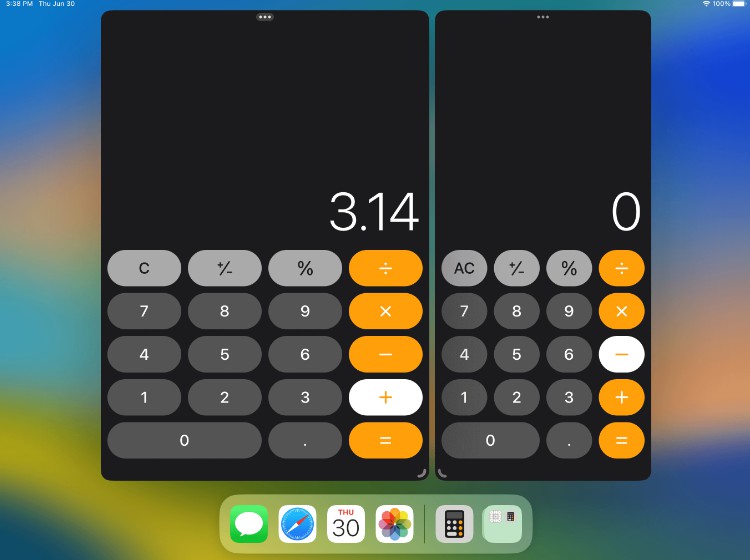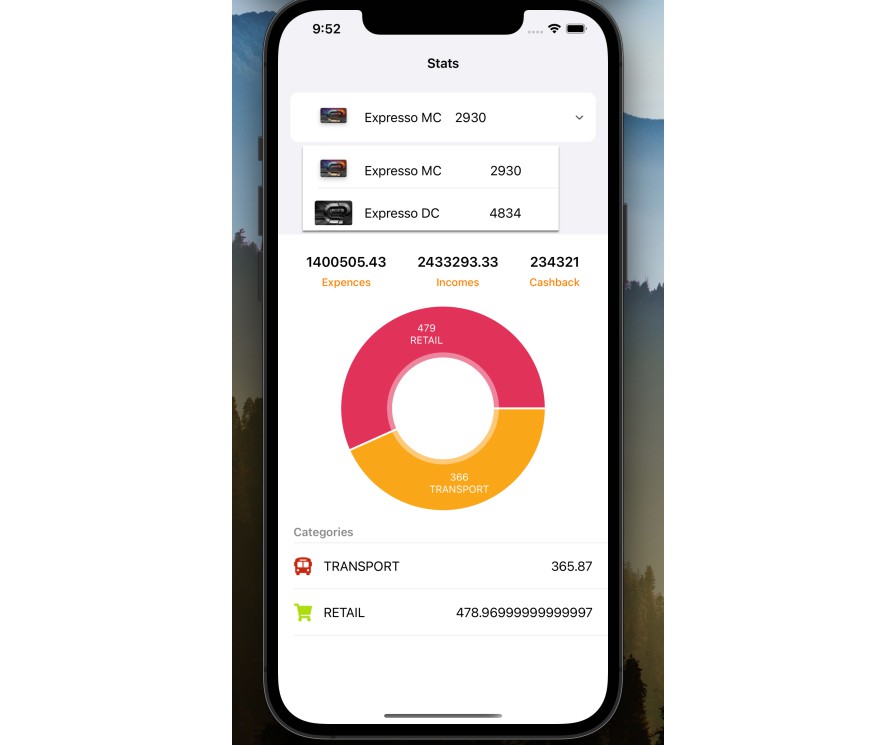Mockingbird
Mock your network requests by defining responses.
Getting Started
- Create your fixtures. Either as a file, encodable types or just a plain string and add them to your app target
- Define your custom router the way it is described in Routing
- Configure the
MockingbirdURLProtocolto use your custom router - Configure your
URLSessionto use theMockingbirdURLProtocol
#if DEBUG
let configuration = URLSessionConfiguration.default
configuration.protocolClasses = [MockingbirdURLProtocol.self]
MockingbirdURLProtocol.router = router
let session = URLSession(configuration: configuration, delegate: nil, delegateQueue: nil)
urlSession = session
#endif
A good way to integrate Mockingbird into your testing routine is by switching it on and off by using commandline arguments.
if CommandLine.arguments.contains("-mock_backend") {
configureMock()
}
It is strongly recommended to remove all mocked related code before shipping the application. Therefore you can use the exclude rules within the build settings.
Routing
A router with Mockingbird looks like this:
let router = Router {
get("/api/account") { _ in
Content(fileName: "account.json", statusCode: .accepted)
}
post("/api/account") { _ in
Content("Hallo you did a post")
}
get("/api/hallo/{{name}}") { request in
Content("Hallo \(request.pathParams["name"]!)", delay: 5)
}
}
You can define path params by using a {{placeholder}} which will be handed into the content closure as a part of the RequestMetadata.
Use the Content type also to specify the status code and response headers. You can also create a content response with all encodable types as they will automatically be encoded to json.
Example
To run the example project, clone the repo, and run pod install from the Example directory first.
Installation
pod 'Mockingbird-Networking', :configurations => ['Debug']



